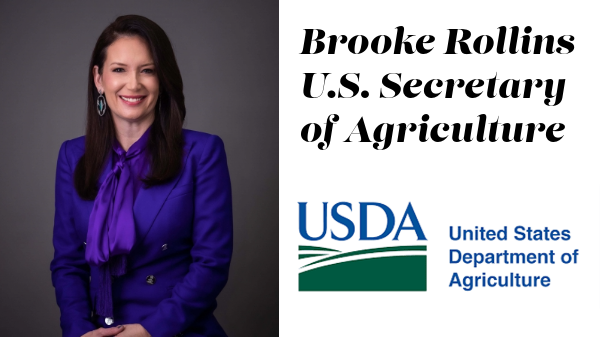Welcome to Blue Book!
Are you ready to join the thousands of companies who rely on Blue Book to drive smarter decisions? View our plans and get started today!
Still have questions? We’d love to show you what Blue Book can do for you. Drop us a line– we’ve been waiting for you.
Purists among us may believe that all contract terms, no matter how one-sided, should be enforced as written, provided the agreement is entered into without duress or fraud by competent business people. But whatever the merits of such a view may be, it is well established that not all contract terms are enforceable.
For example, a liquidated damages provision providing that “Seller’s failure to deliver a truckload of apples by the Fourth of July will result in a penalty of $100,000 per day,” would be unenforceable per Section 2-718(1) of the Uniform Commercial Code (UCC), which provides—
Damages for breach by either party may be liquidated in the agreement but only at an amount which is reasonable in the light of the anticipated or actual harm caused by the breach, the difficulties of proof of loss, and the inconvenience or nonfeasibility of otherwise obtaining an adequate remedy. A term fixing unreasonably large liquidated damages is void as a penalty.
In other words, a liquidated damages provision that strikes a court or arbitrator as punitive rather than compensatory in nature may be deemed unenforceable. And although, technically, unenforceable contract terms are by definition ineffective and without force, unenforceable terms complicate disputes and are sometimes used to intimidate the lawyer-less.
Unconscionable Terms
In addition to specifically making punitive liquidated damages clauses unenforceable, the UCC provides a more broadly applicable basis for finding one-sided contract terms unenforceable in Section 2-302.
If the court as a matter of law finds that the contract or any clause of the contract to have been unconscionable at the time it was made, the court may refuse to enforce the contract, or it may enforce the remainder of the contract without the unconscionable clause, or it may so limit the application of any unconscionable clause as to avoid any unconscionable result.
The Official Comment explains that “This section is intended to make it possible for the courts to police explicitly against the contracts or clauses which they find to be unconscionable.” Nowhere in the UCC is unconscionable defined, but the Official Comment to the section explains
The basic test is whether in the light of the general commercial background and the commercial needs of the particular trade or case, the clauses involved are so one-sided as to be unconscionable under the circumstances existing at the time of the making of the contract…. The principle is one of the prevention of oppression and unfair surprise…
In the decision issued in Mountain Valley, Inc. v. C.H. Robinson Company, 53 Agric. Dec. 1879 (1994), the Perishable Agricultural Commodities Act (PACA) referred to this section of the UCC when holding that the contract term in question was unconscionable and therefore unenforceable.
In Mountain Valley, the seller sold the buyer a shipment of misbranded potatoes, which the buyer then resold without re-labeling. This led to the seller receiving a warning from the USDA, and the buyer-reseller receiving a $2,000 fine because of its record of prior violations.








